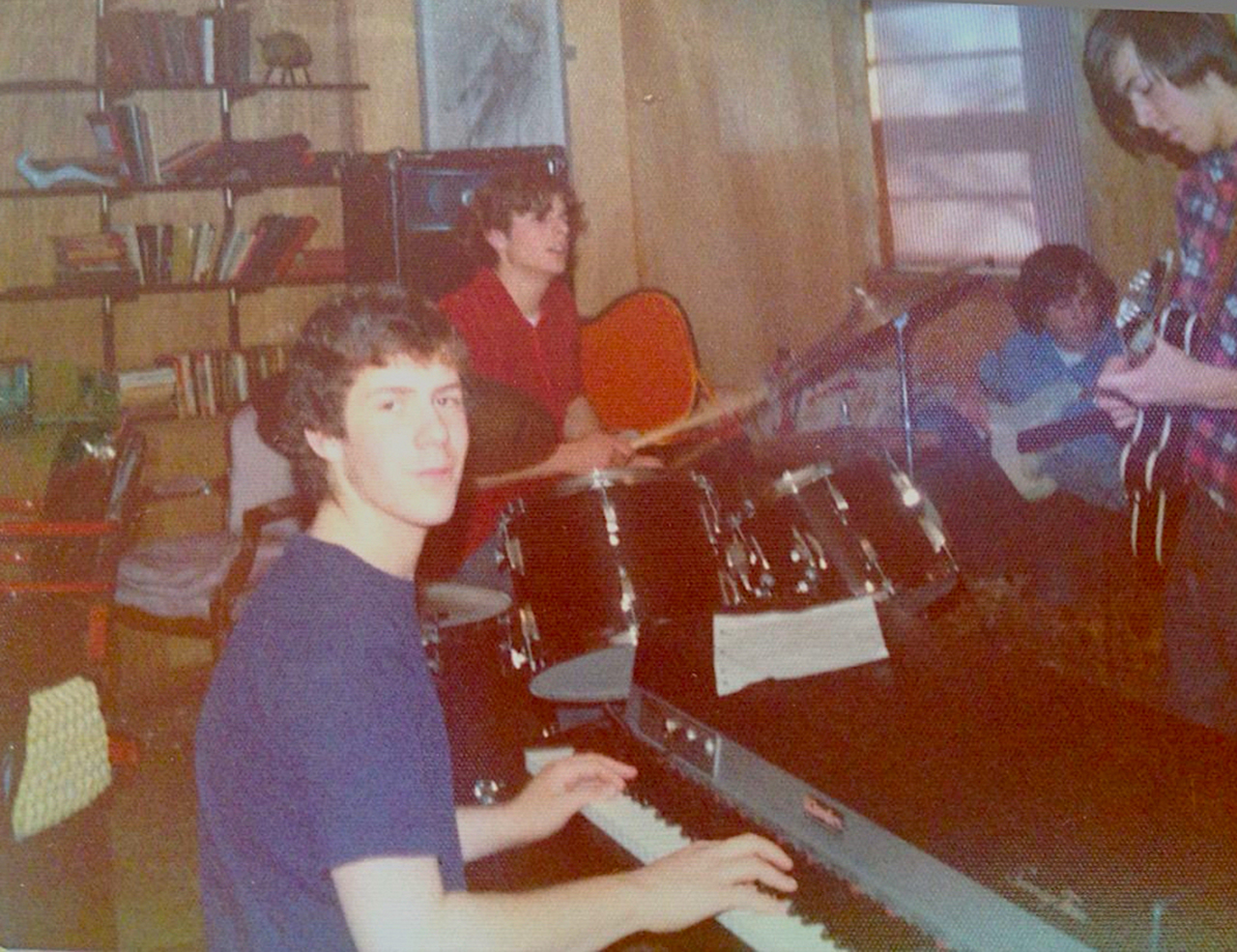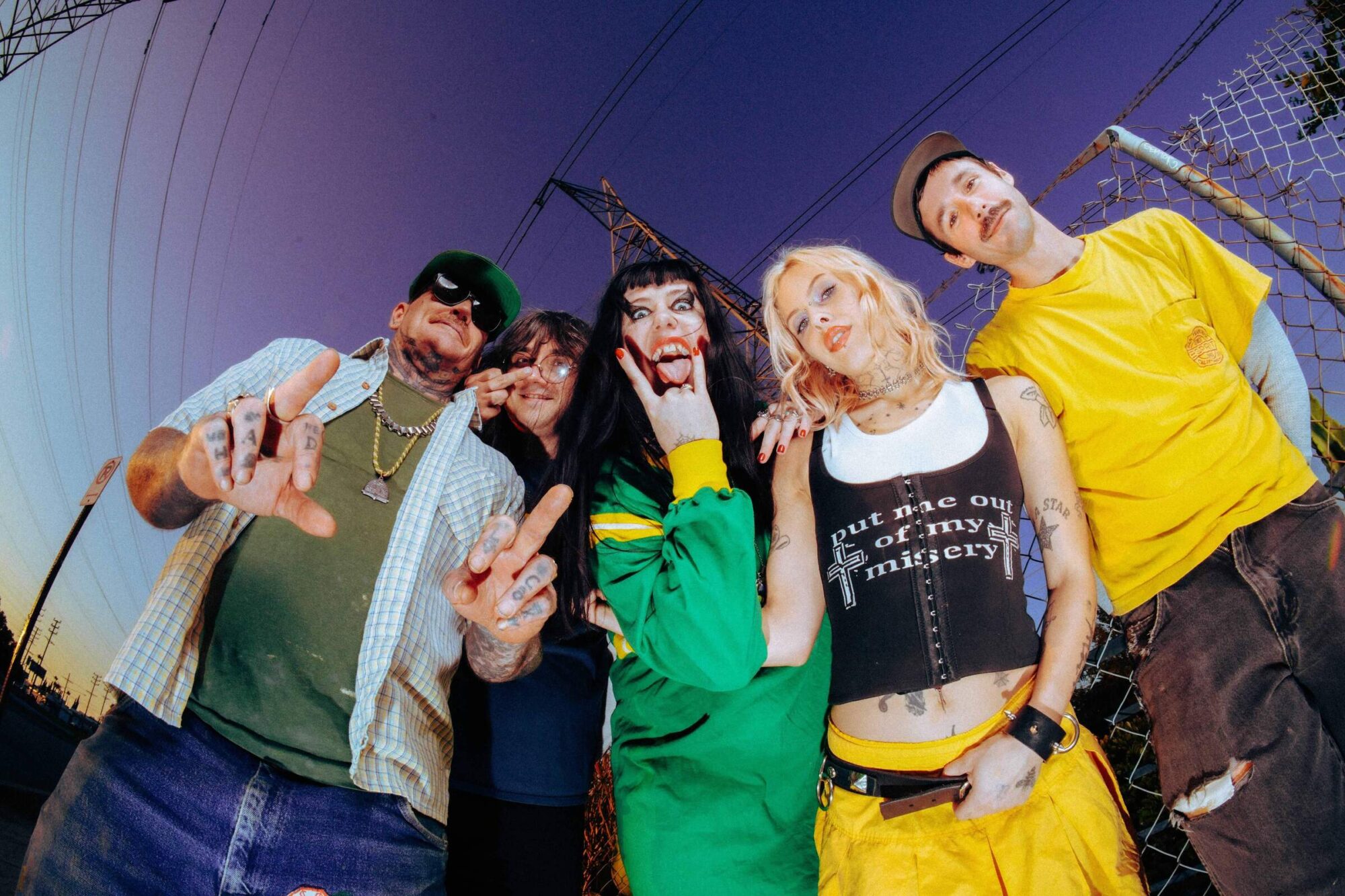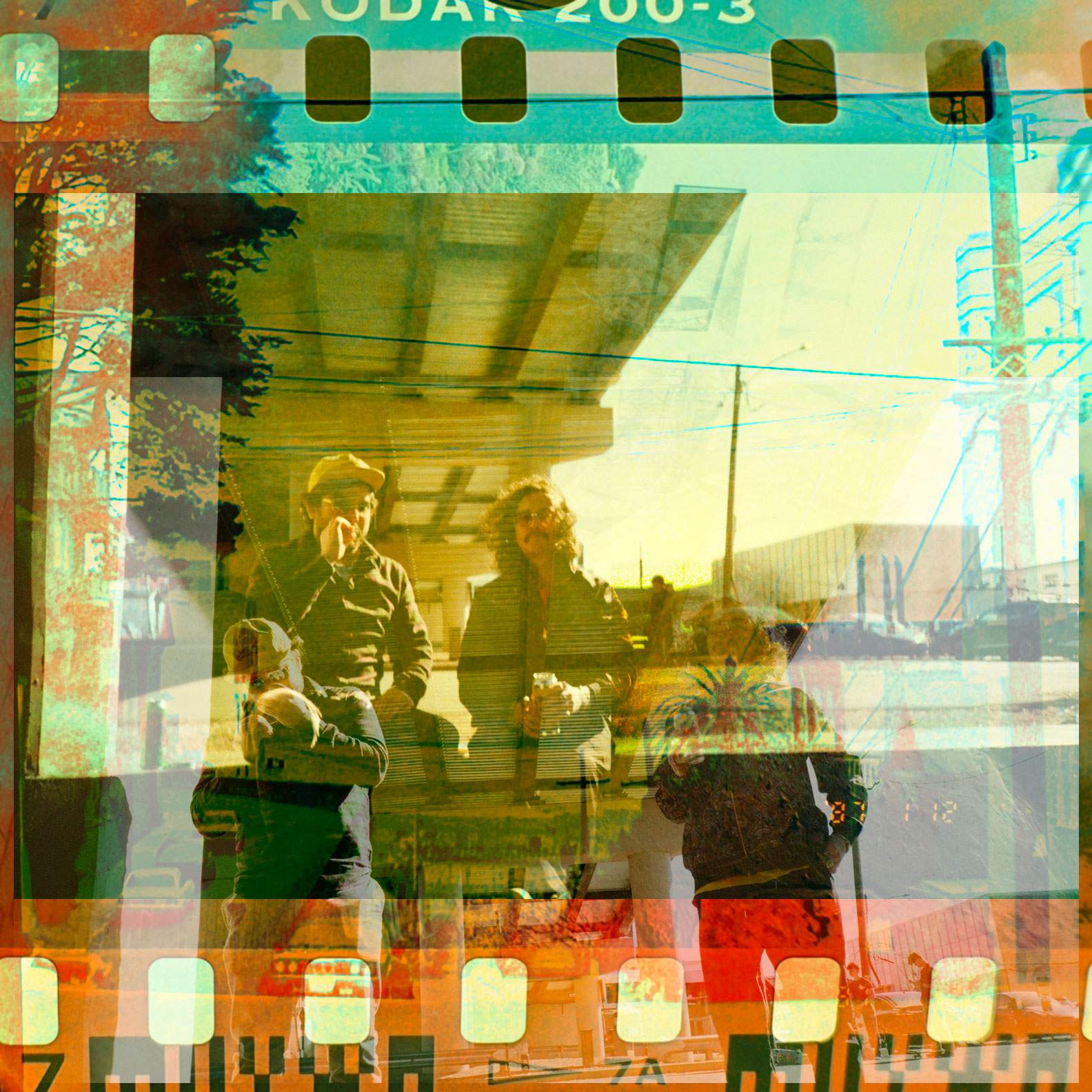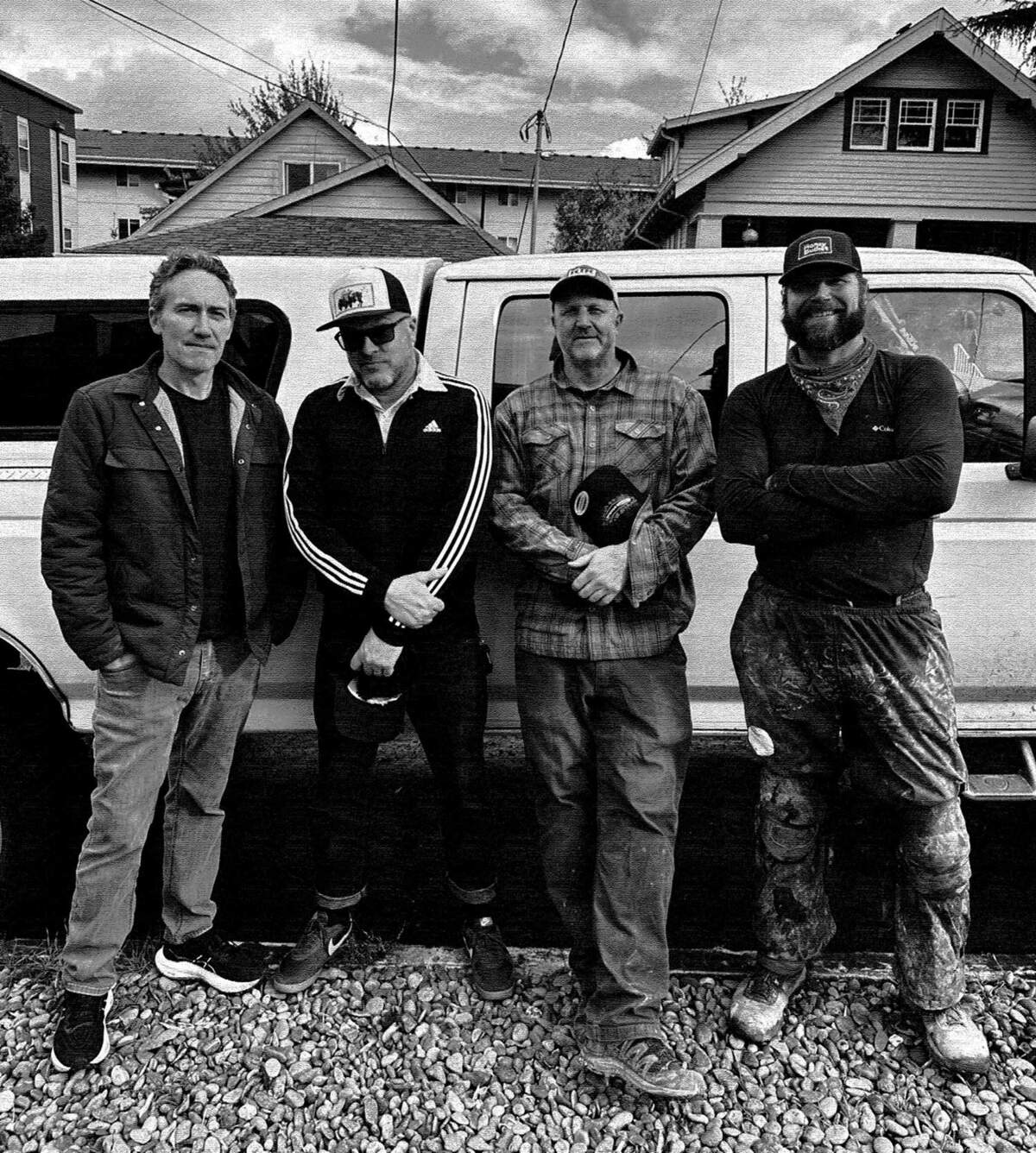Lee Feldman | Interview | New Album, ‘Dr. Future’
Lee Feldman is singer-songwriter-pianist-composer that recently released ‘Dr. Future,’ an “imaginary musical” destined to surprise and delight listeners with its oblique narrative and masterful, memorable pop stylings.
‘Dr. Future’ leans heavily on Lee’s long-time trio of Byron Isaacs and Bill Dobrow and was recorded and mixed in Brooklyn and the Catskills by Scott Hollingsworth, who has worked with everyone from Philip Glass to Heavy D to Plastic Ono Band. After moving to the suburbs in 1971, Lee started playing in rock bands focusing on Allman Brothers Band, Jeff Beck Group, Jethro Tull and Cream; later in the 70s his band’s repertoire leaned more towards Mahavishnu Orchestra. By 1976 Lee got into jazz and studied privately with Sir Roland Hanna; performed Gershwin’s ‘Rhapsody in Blue’ with the Mamaroneck High School Orchestra for their Bicentennial Concert; and played for itinerant singers and strippers at Jay’s Bungalow Colony in the Catskills. Lee attended Indiana University’s School of Music where he majored in music composition and minored in piano. He wrote instrumental pieces for dance groups, numerous chamber music works, an orchestral piece, and started writing pop tunes. He was also increasingly involved in free improvisation and his senior recital reflected all these directions.
Lee Feldman was also part of a band called Edge. Their story begins in the Fall of 1973 in Larchmont, New York. Bob Windbiel (guitar), Paul Adamy (bass) and Mark Macksoud (drums) attended Mamaroneck High School and had been playing together for a number of years. News spread about a young keyboard “phenom” named Lee Feldman (then in 8th grade). They asked Lee to join the band. Someone suggested the band name Edge. The sixties had awakened each of their eclectic universe of rock ‘n roll, folk-revival-folk, folk-rock, motown, rhythm ‘n’ blues, country, psychedelic, novelty hits, jazzy instrumentals, movie themes…a fecund environment, and a fantastic education in how music of any variety could have value, intelligence and heart. They lived for the music, melding their own blend of the top forty pop on their car radios, heavier rock sounds from the FM dial, and the jazz records passed around from turntable to turntable like precious gems. Edge rehearsed and gigged non-stop, lived like brothers until graduation…before drifting apart to become doctors and lawyers. Bob Windbiel played in avant garde jazz ensembles and bowery rock bands. Lee Feldman studied improvisation with Cecil Taylor while making quirky pop records for Mercury, earning an enduring cult audience and acclaim from the likes of The New York Times and Rolling Stone. Paul Adamy toured and recorded with artists like Carly Simon, Garth Hudson, Art Garfunkel, Liza Minelli, Rick Springfield, and Judy Collins. Mark Macksoud played drums, jazz mostly, touring internationally and studying with Miles Davis’ drummer Tony Williams.
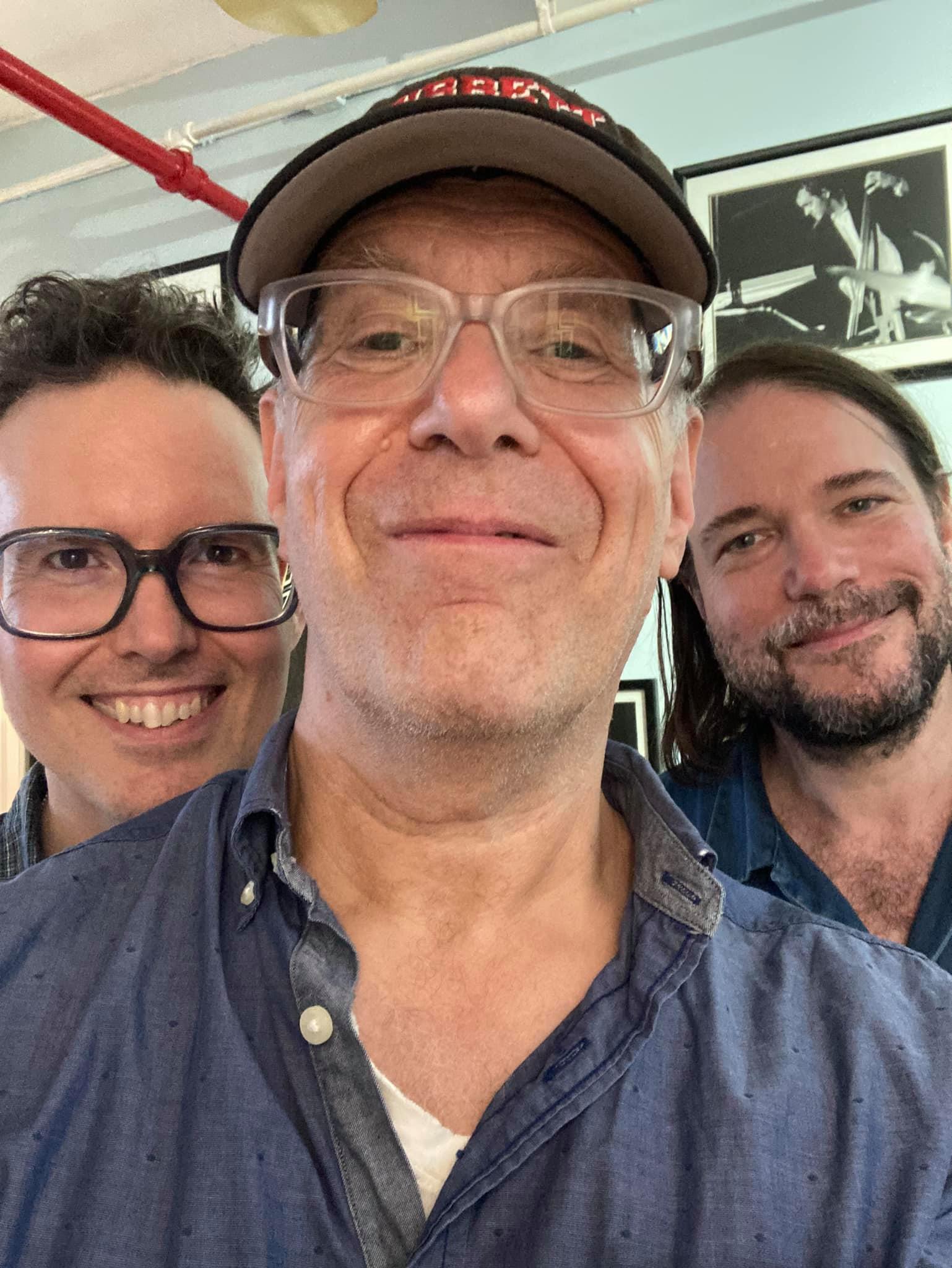
“The narrative is only implied, and the listener fills in the gaps and completes the experience”
How much work went into the creation of ‘Dr. Future’?
Lee Feldman: The process for this album was different from previous albums. In 2018 I went back to school (at a late age) to become a Social Worker, so my time was more limited. Starting in 2020 I listened to voice memos I had recorded over the past few years and picked out the best ideas. Quite a lot of the fragments were about Bob Stein and Dr. Future, I don’t really know why. So some material had been waiting for a long time, and other material was created around the time of recording, which was finished in 2022.
What was the overall concept behind the album?
I brought the song fragments to my bandmates of over 20 years, Byron Isaacs (bass) and Bill Dobrow (drums). We had a rehearsal and we agreed there was something there. I tried to flesh out the material as best I could on my own, but felt strongly that I didn’t want to elaborate too much on the lyrics. I wanted to leave them mysterious, almost like incantations. When I went back and rehearsed the material with Byron and Bill, the whole project started feeling like an “imaginary musical.” The narrative is only implied, and the listener fills in the gaps and completes the experience.
Can you share some further words about the recording and producing process behind it?
I was hearing piano, bass, drums, vocals and synths –and not hearing guitars or horns. Figure 8 Recording Studio in Brooklyn has a nice piano and an amazing room of vintage synths, so we decided to record there. I had worked with engineer Scott Hollingsworth before, and knew he’d be sympathetic to the material. We recorded in December 2021, right in the middle of the pandemic, it was a bit scary. Byron has a tight schedule because he’s on the road with The Lumineers, so we had to get 14 basic tracks down in 2 days. We did it! Then we spent some more time on synth overdubs, et cetera. I produced the album myself, and benefited from great input from Scott and the musicians.
I would love it if you could share some words about your background, how you first got interested in music.
I grew up hearing my dad playing guitar and singing Yiddish folk songs and union songs. My parents were both into classical music. I started playing piano when I was 7, and have been playing piano for over 50 years. (One of my piano students, a kid named Irving, said “You should take a break!”). But the truth is I love practicing now more than ever, and still practice 3 hours a day — classical music (Bach, Chopin); jazz (Bill Evans, Red Garland, Sonny Rollins transcriptions); and North Indian vocal exercises.
What would you say were some of the early influences? Did that change during the years being active?
Early influences: The Beatles and Beethoven. Later: Dylan, Bach, Cecil Taylor, Monk, Morton Feldman (no relation) …
How did you start on piano and what led you to jazz back in the late 70s?
I got into jazz through jazz-rock. I was in a band called Edge in high school (1974-1975) and we played Chick Corea’s Return to Forever and Mahavishnu Orchestra. We’re all still musicians and put out an album of original music recently (‘Keep Me Around’). That album was a pleasure to make, and with its 70s-infused sensibility, is kind of a bridge between my ‘Album No. 4’ and ‘Dr. Future’.
Tell us how you start your singer-songwriter path?
Songs mostly come out of me improvising at the piano. My criteria for keeping a song (I don’t finish most of them) is it has to be both fresh and inevitable – “fresh” meaning I haven’t heard anything like it before, and “inevitable” meaning it is perfect the way it is. I also like things that either crack me up or crack me open.

What was it like to work with Urban Myth Recordings?
Dan Bryk is my brother from another mother …
What are some future plans for you?
People seem to like my music in France. I’ve never performed there, and hope to soon. In addition to music and social work, I’m training to be a psychoanalytically oriented psychotherapist. I plan to start a private practice in September. (See: ‘Anxiety and Countertransferenceon’ the album.)
Let’s end this interview with some of your favourite albums. Have you found something new lately you would like to recommend to our readers?
Favorite pop albums: ‘Sgt. Pepper’s by The Beatles’ ‘Freewheeling Bob Dylan,’ ‘Blue’ by Joni Mitchell, ‘Sail Away’ by Randy Newman.
As for new artists, I’m a big fan of a bunch of my contemporary NY singer-songwriters: Pete Galub, Amy Allison, Carol Lipnik, Matt Kanelos, Chris Moore.
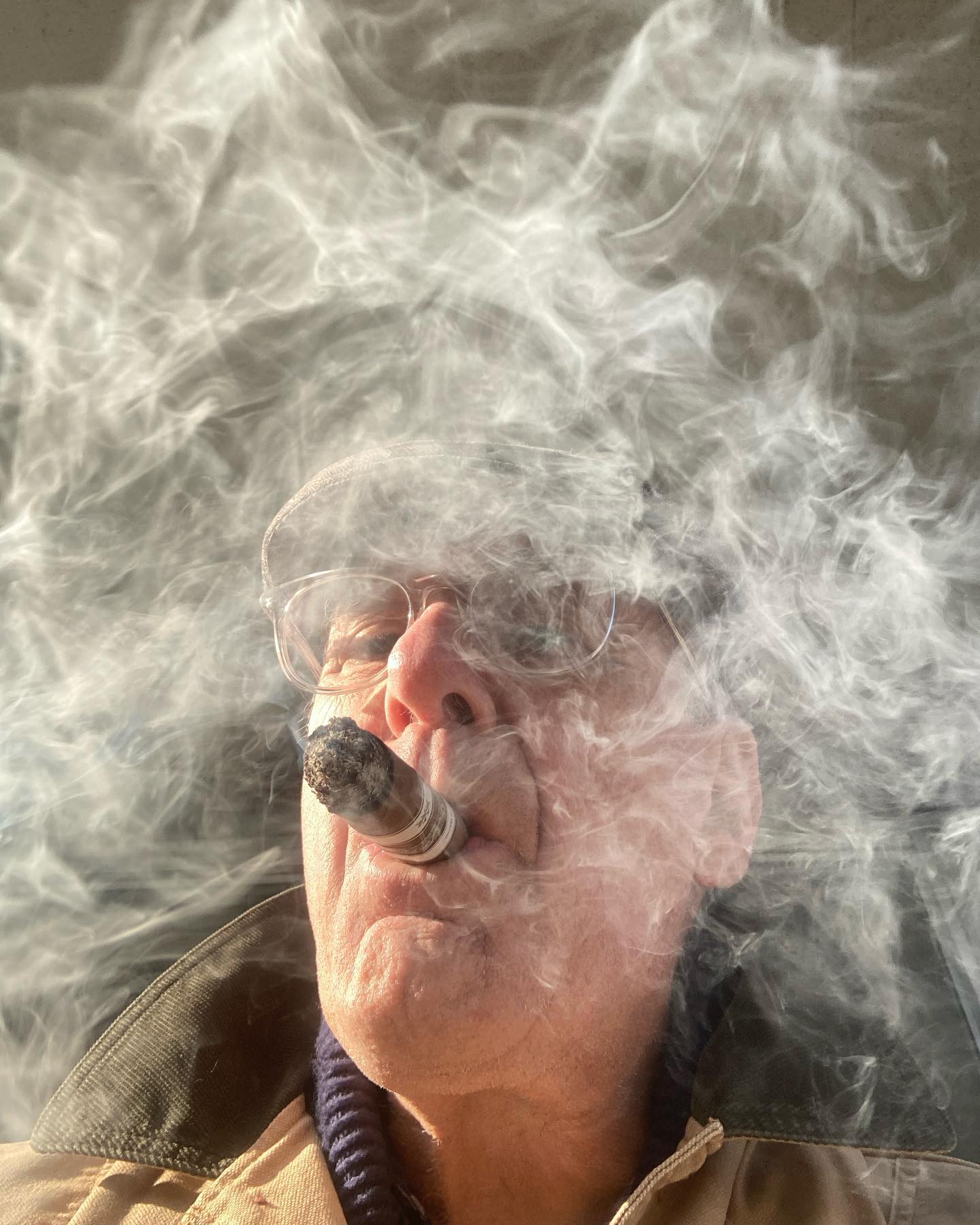
Thank you for taking your time. Last word is yours.
Thanks for asking me to do this. I’m hoping to have an interactive ‘Dr. Future’ website up and running soon. Hopefully people will be able to post thoughts, drawings, and ideas — really make the “imaginary musical” come to life. The idea is to bring more dimension to the characters: Dr. Future, Bob Stein, The Woman at the Sink, The Cowboy, The Atheist … in collaboration with new listeners.
Klemen Breznikar
Headline photo: Edge
Lee Feldman Official Website / Facebook / Instagram / Twitter / Bandcamp / YouTube
Edge Official Website / Bandcamp

